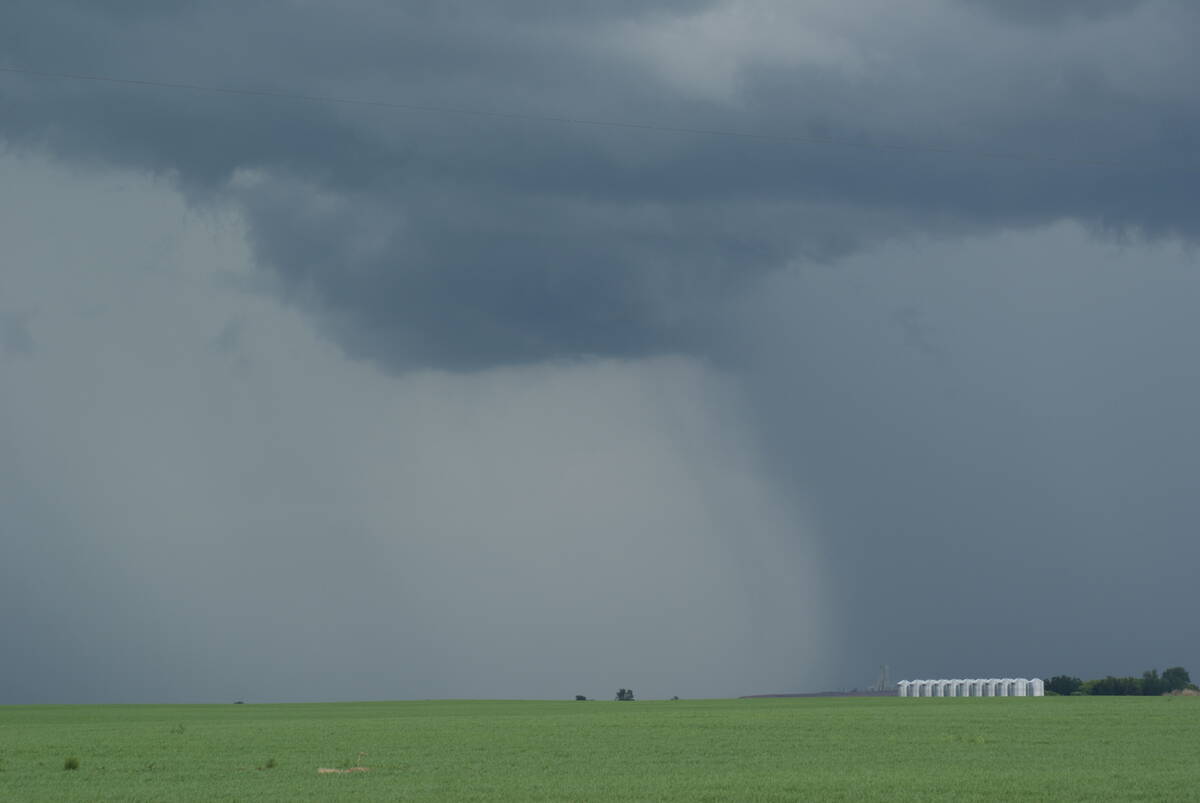I’m not sure if it’s just the darkening days of autumn or if it’s tangible signs of grain system congestion appearing all around us, but I get the feeling we’re sailing into an ugly and unpleasant autumn and winter for grain sales and delivery.
Farmers have been harvesting much more of most crops than they expected in midsummer, when the signs weren’t promising, and now they’re having to deal with the consequences.
Of course, having a bunch more grain is a lot better situation than having a bunch less, but it is giving guys a headache trying to figure out how to store anything that won’t fit into bulging bins, how to move stuff to pay the fall bills, and how to price unpriced grain in a declining market.
Read Also

Canadian farmers need new tools to support on-farm innovation
Farmers need a risk management buffer that actually works and investment that drives advancements forward if Canada is to build resilience.
I’ve gotten the sense from talking to farmers and marketers in the past couple of weeks that the mood has switched from one of joy at large, generally good quality crops coming into the combine to one of frustration and annoyance. It’s almost like a hangover after an impromptu party that went late and has left a lot to be cleaned up.
Across the Prairies the grain elevators are getting stuffed and lots of points aren’t accepting anything for delivery that wasn’t previously contracted. Basis levels aren’t fun to look at in places where the doors are still slightly open. Grain has been piled in small mountains in many places and trying to figure out when it can be delivered is something that’s probably going to a lot of phonecalls and a lot of frustration before being resolved.
And how to price the stuff? It was fun a year ago when a guy could go to market and offer his grain a bit above the market and soon enough a hungry buyer would come along and snap it up. Now the situation is the opposite, with a declining market forcing farmers to look at market prices and often take a little bit less as the momentum goes the other way. It’s just not a lot of fun to be pricing stuff now.
And when to price and deliver for? Are there hopes for a post-harvest rally, as often occurs? That’s a cyclical pattern we all know and love, but a lot of analysts I speak with say the giant U.S. corn crop heading our way is likely to make the situation worse for all crops and make the overburdened transportation system groan more. If enough Prairie grain deliveries and pricing gets deferred now, that will pressure the market for months as it gradually gets marketed and moved. South American crops could always dry up and blow away, but if farmers there get OK conditions this winter, analysts say, there isn’t too much room for a big rally to take hold.
The situation on Prairie farms is reflective of the world situation in a lot of crops now: amply supplied. It’s been a while since we’ve been in that boat, with recent crop disasters around the world boosting crop values for longer than most analysts expected. Even now we’re getting the benefit of problems the U.S. soybean crop experienced in late summer, so we still haven’t entered the situation of a bin-buster year around the world. It’s almost like back to the bad old days, way back in the 1990s and early 2000s, when big world crops made farmers live in a buyer’s world year after year.
Except that – and here’s the positive note on which I’ll end this dismal post – lots of farmers will make good profits this year. The crops are going to be hard to move and the pricing won’t be a joyful experience, but with big volumes and historically – if not recently – good prices, farmers will in many areas be as profitable as last year. We’re still living in good times to be a farmer.
So with any luck, farmers will have to painstakingly work through moving this crop through a clogged system, but in the end, it’ll probably turn out to have been a good year, in spite of itself.














